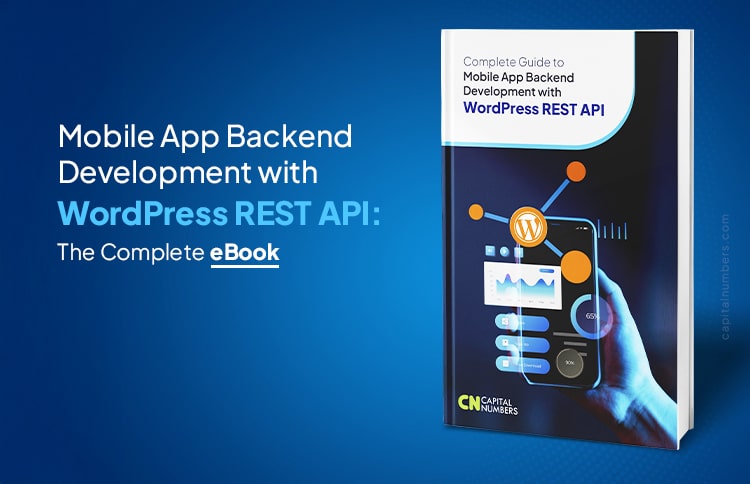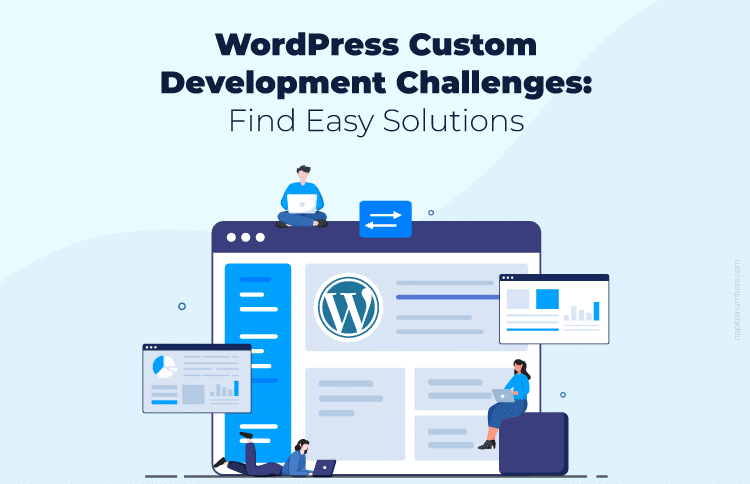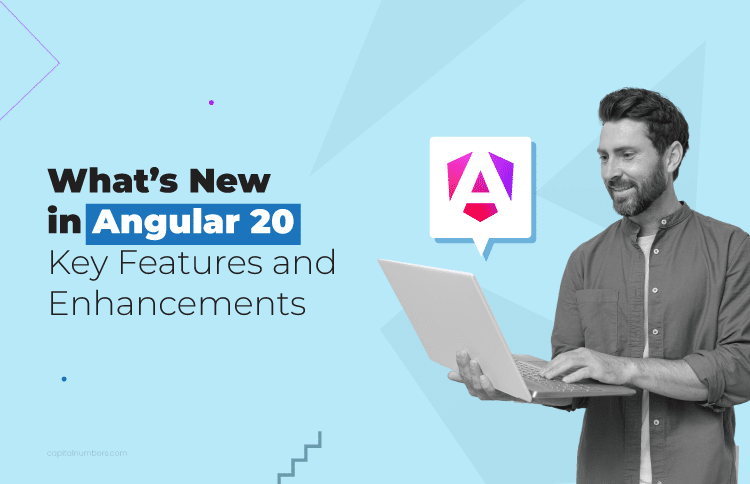Building AI That Grows: Scalable Solutions for Tomorrow’s Demands
Artificial intelligence (AI) is transforming industries by automating processes, optimizing decision-making, and enhancing user experiences. However, building scalable AI solutions is a complex challenge that requires careful planning, robust infrastructure, and strategic execution. In this blog, we will explore the essential principles and best practices for developing AI systems that can handle increasing workloads while …














